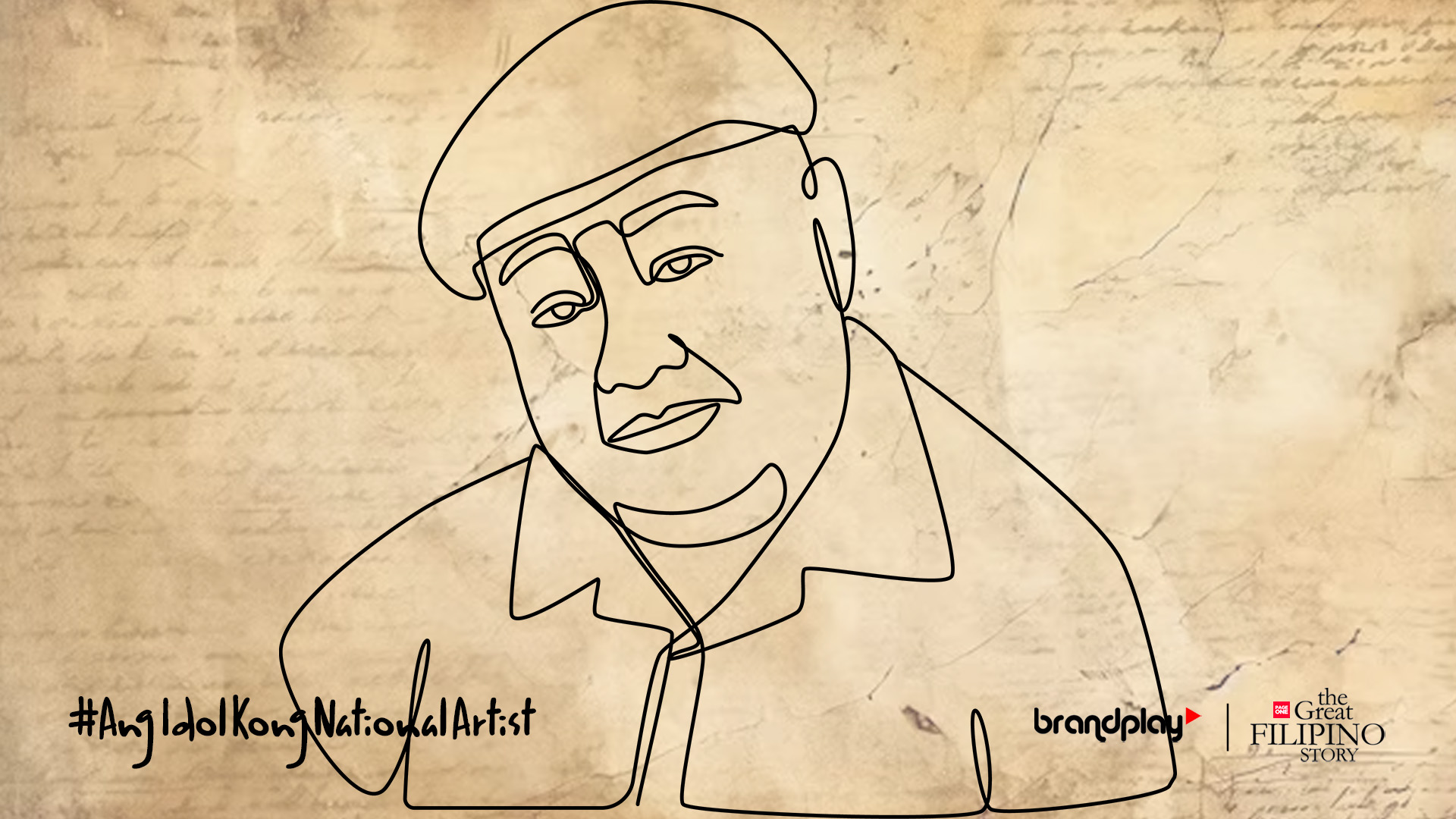Many Filipino contemporary writers have engaged with the difficulties faced by the Filipino people in the socio-cultural context. However, few have been able to capitalize on the deepest complexities of Filipino society while addressing the challenges of the working class and influences of colonialism in the way Francisco Sionil José did.
Francisco Sionil José was born on December 3, 1924 in Rosales, Pangasinan, the milieu of several of his written works, to Sofia Sionil, a dressmaker and food seller, and Antonio José, an Aglipayan minister. Ever since he was young, José loved to read books so his mother would borrow books from the houses of their town’s officials. He also relied on finding whatever scraps of literature he could find to the point that he would read from the newspapers that were used to wrap fish because of how rare books were in his town.
José’s appreciation for writing and reading began when he was a student in Rosales Elementary School. He spent most of his time in the school library, managing to read different novels from authors like Willa Cather, William Faulkner, and John Steinbeck. José held deep interest in classic novels such as Cervantes’ “Don Quixote” and José Rizal’s famed books about Spanish colonization in the Philippines.
While reading an excerpt in Rizal’s “Noli Me Tangere” which depicted the brothers Crispin and Basilio being accused of stealing by a priest, it made José so angry that he cried. This experience eventually gave birth to his awareness of the social issues and colonial influences within the Philippines and persuaded him to write stories that revolved around the said themes.
In 1938, José, at 13 years old, went to Manila to attend high school at the Far Eastern University. His reason for moving out was because of the abundance of many accessible books not just at the FEU library but also at the National Library in Ermita, Manila. After finishing high school, he studied philosophy at the University of Santo Tomas. He also became the editor in chief of The Varsitarian, the university’s student publication, from 1948 to 1949. While pursuing his bachelor’s degree, he was a staff member of the catholic weekly Commonweal from 1947 to 1948. José also served as assistant editor for the United States Information Service and managing editor for The Manila Times Sunday Magazine. After two years of studying, José dropped out to further pursue a career in writing and journalism in Manila.
José founded the Philippine Center of PEN International, a worldwide association of writers, in 1957, the Solidaridad Bookshop and Publishing House in 1965, the journal Solidarity in 1967, and the Solidaridad Galleries in 1968.
José excelled in using the ordinary Filipino trope by incorporating it into wider problems and social injustices and issues present in Philippine society. His masterpiece “The Rosales Saga” (1962-1984) is a series of five historical and political novels that span across two generations of two families, the peasant Samsons and the rich Asperris, in the Philippines. The books explore themes such as revolution, poverty, diaspora, colonialism, dictatorship, war, and the disparity between the wealthy and the poor in the country–themes that are still present in modern Philippines. José’s entire portfolio is a reflection of Filipino heritage and patriotism seen through the lives of the ordinary people in his written works.
Throughout his career, José received numerous awards including the Carlos Palanca Memorial Awards for his works “The God Stealer” (1959), “Waywaya” (1979), “Arbol de Fuego” (1980), “Tree” (1978), and “A Scenario for Philippine Resistance” (1979). His influence in literature also earned him the Ramon Magsaysay Award for Journalism, Literature, and Creative Communication Arts in 1980 and the Cultural Center of the Philippines (CCP) Centennial Honors for the Arts in 1999.
Furthermore, the UP Board of Regents granted him the honoris causa, or Doctor of Humanities, on March 26, 1992. Finally, he was declared a National Artist for Literature in 2001.
Though José passed away on January 6, 2022, at the age of 97 at the Makati Medical Center due to complications caused by atherosclerosis, he left behind not only the legacy he cemented locally and internationally but also a treasure trove of stories and essays that will forever influence Philippine literature time and time again.








